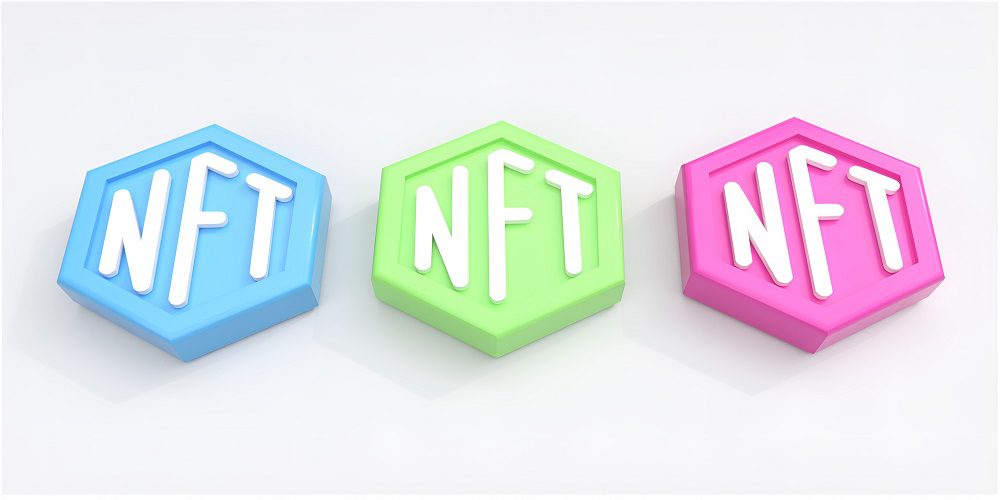Introduction
In the rapidly evolving landscape of the digital world, the Metaverse has emerged as a groundbreaking concept, promising unprecedented opportunities for individuals to not only engage in immersive experiences but also to capitalize on various revenue streams. As the metaverse continues to gain traction, the question on many minds is, “How do you make money in the metaverse?” In this comprehensive guide, we will explore the diverse avenues available for individuals to monetize their presence and activities within the metaverse.
Ways To Make Money in the Metaverse:
1. Virtual Real Estate Investment:
Virtual real estate in the metaverse operates on the principle of ownership and development of digital land. Platforms like Decentraland, Somnium Space, and Cryptovoxels allow users to buy, sell, and develop virtual properties. Investors can acquire prime locations within these virtual worlds and monetize them by hosting events, selling advertising space, or leasing the space to other users for their activities. The scarcity of desirable virtual land creates a demand that can result in appreciating property values, presenting an opportunity for long-term investment.
2. NFTs (Non-Fungible Tokens):
Non-Fungible Tokens (NFTs) are unique digital assets representing ownership of various items within the metaverse. Artists, musicians, and content creators can tokenize their work, creating digital assets that can be bought and sold as NFTs on blockchain platforms like Ethereum. The ownership and scarcity of these digital collectibles make them valuable to collectors, who are willing to pay a premium for ownership. NFTs extend beyond art to include virtual real estate, virtual goods, and even virtual experiences, opening up a wide range of monetization possibilities.
3. Virtual Commerce and E-Commerce Platforms:
The metaverse is not just a space for social interaction; it’s also a bustling marketplace. Users can set up virtual storefronts and sell a variety of digital and physical goods. E-commerce platforms within the Metaverse use blockchain technology to facilitate secure transactions, providing users with a decentralized and trustworthy environment to buy and sell. Entrepreneurs can establish and run businesses within the metaverse, selling anything from virtual fashion items to digital art and even extending to real-world products shipped to users’ physical addresses.
4. Gaming and Esports:
Gaming has become a central aspect of the metaverse, with virtual worlds providing the backdrop for gaming and esports events. Gamers can make money through various channels, including participating in esports tournaments with cash prizes, streaming their gameplay on platforms like Twitch, and creating content around their gaming experiences. Game developers can monetize their creations by selling in-game assets, characters, and virtual currencies. The intersection of gaming and the metaverse has created a vibrant ecosystem for both players and creators.
4. Social media and content creation:
Content creators can leverage the immersive nature of the metaverse to produce unique and engaging content. Social platforms within the metaverse, such as Facebook Horizon Workrooms and VRChat, offer spaces for content creators to connect with audiences in innovative ways. Monetization can come from virtual gifts, sponsorships, and partnerships with brands aiming to reach the growing Metaverse user base. Creators can host virtual events, create virtual shows, and build a dedicated fan base, expanding their reach in ways not possible on traditional social media.
6. Virtual Events and Experiences:
Hosting virtual events within the metaverse has become a popular way to monetize digital spaces. Concerts, conferences, and other experiences can be created in immersive virtual environments. Revenue streams for event organizers include ticket sales, sponsorships, and partnerships. Brands can capitalize on the global reach of the metaverse to connect with audiences in novel ways, fostering a new era of marketing and engagement.
7. Freelancing and Remote Work:
The metaverse is not just a playground; it’s also a workspace. Freelancers and remote workers can offer their services in virtual settings, connecting with clients globally. Virtual offices and collaborative workspaces provide environments for teams to collaborate and conduct business. Blockchain-based platforms facilitate secure and transparent transactions for freelancers offering skills such as design, programming, and consulting.
8. Education and Training:
Virtual classrooms and training programs within the metaverse offer opportunities for educators to monetize their expertise. Courses, workshops, and tutoring services can be conducted in immersive virtual spaces, providing students with interactive learning experiences. Blockchain-based certification systems add credibility to virtual educational offerings, creating a marketplace for knowledge exchange and professional development.
Conclusion
The metaverse is not just a futuristic concept; it’s a dynamic and evolving digital space where individuals can explore diverse avenues for making money. From virtual real estate investment to NFT trading, gaming, social media, and beyond, the opportunities are vast and varied. As the Metaverse continues to develop, new avenues for monetization are likely to emerge, making it an exciting frontier for those looking to capitalize on the digital evolution of our world. Embrace the possibilities, stay informed, and position yourself to thrive in this new era of the metaverse.



































